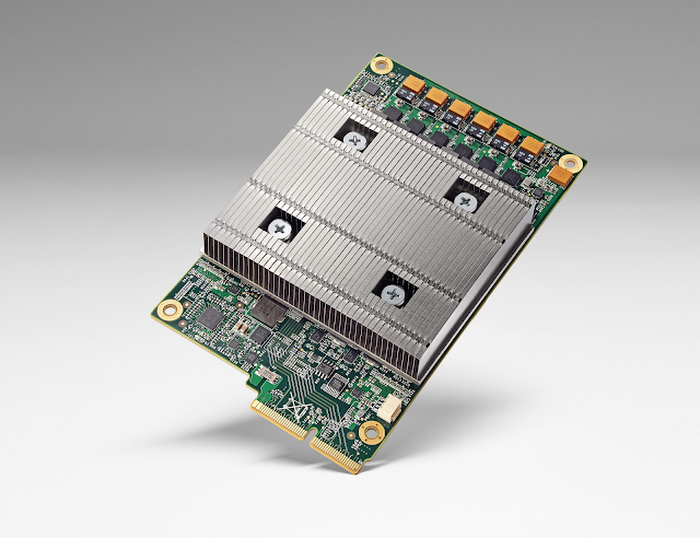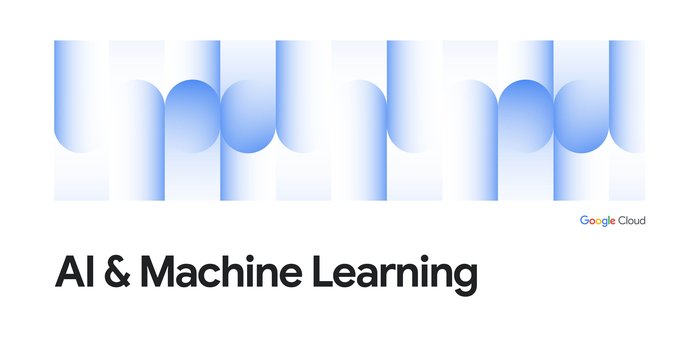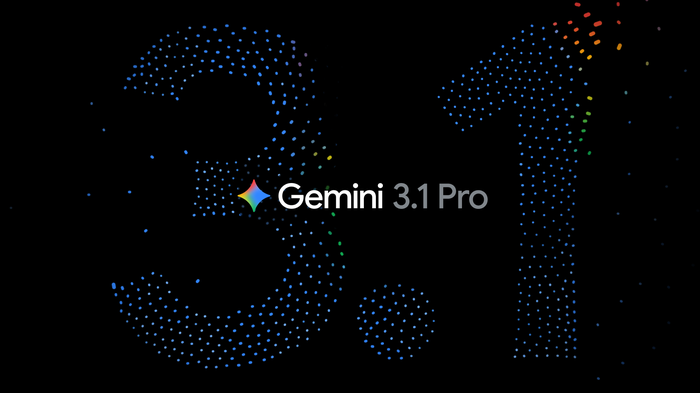Google supercharges machine learning tasks with TPU custom chip
Norm Jouppi
Google Fellow, Google
Editor's Update June 27, 2017: We recently announced Cloud TPUs.
Machine learning provides the underlying oomph to many of Google’s most-loved applications. In fact, more than 100 teams are currently using machine learning at Google today, from Street View, to Inbox Smart Reply, to voice search.
But one thing we know to be true at Google: great software shines brightest with great hardware underneath. That’s why we started a stealthy project at Google several years ago to see what we could accomplish with our own custom accelerators for machine learning applications.
The result is called a Tensor Processing Unit (TPU), a custom ASIC we built specifically for machine learning — and tailored for TensorFlow. We’ve been running TPUs inside our data centers for more than a year, and have found them to deliver an order of magnitude better-optimized performance per watt for machine learning. This is roughly equivalent to fast-forwarding technology about seven years into the future (three generations of Moore’s Law).
TPU is tailored to machine learning applications, allowing the chip to be more tolerant of reduced computational precision, which means it requires fewer transistors per operation. Because of this, we can squeeze more operations per second into the silicon, use more sophisticated and powerful machine learning models and apply these models more quickly, so users get more intelligent results more rapidly. A board with a TPU fits into a hard disk drive slot in our data center racks.


TPU is an example of how fast we turn research into practice — from first tested silicon, the team had them up and running applications at speed in our data centers within 22 days.
TPUs already power many applications at Google, including RankBrain, used to improve the relevancy of search results and Street View, to improve the accuracy and quality of our maps and navigation. AlphaGo was powered by TPUs in the matches against Go world champion, Lee Sedol, enabling it to "think" much faster and look farther ahead between moves.


Our goal is to lead the industry on machine learning and make that innovation available to our customers. Building TPUs into our infrastructure stack will allow us to bring the power of Google to developers across software like TensorFlow and Cloud Machine Learning with advanced acceleration capabilities. Machine Learning is transforming how developers build intelligent applications that benefit customers and consumers, and we're excited to see the possibilities come to life.



